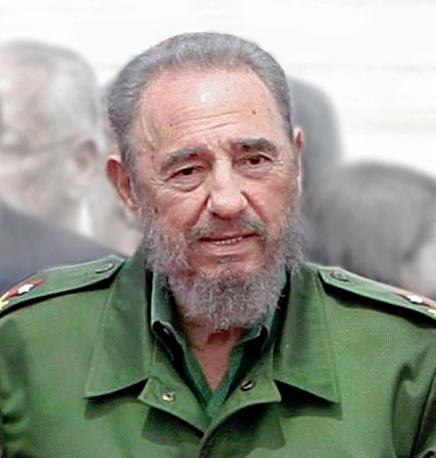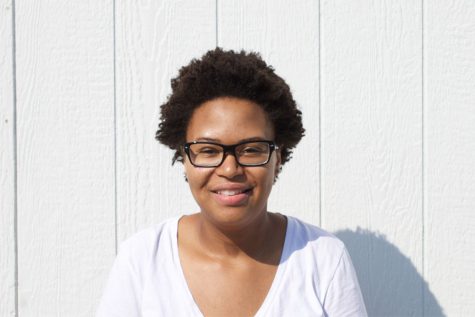ERHS Reacts to Fidel Castro’s Death
December 9, 2016
On November 25 2016, former Prime Minister and President of Cuba Fidel Castro died at the age of 90. His death has been met with both rejoice and remorse.
Castro, who came to power by violently overthrowing Cuban dictator Fulgencio Batista, was the leader of Cuba from 1959-2008. However, in 2006, he was forced to take medical leave and allowed his younger brother, Raul Castro, to take over. A Cuban nationalist, Castro introduced communism to the country, causing continual tension with the democratic United States of America in the second half of the twentieth century–so much so, that both countries almost entered nuclear war during the Cold War, in the 1960s. During this time, President Kennedy placed an embargo on Cuba, which is still in effect today.
The relationship between Cuba and the United States has been a controversial one, and became even more strained due to multiple assassination attempts targeting Castro that were orchestrated by the U.S. These included the infamous Bay of Pigs invasion. The two countries remained alienated until 2015, when they restored diplomatic relations with each other.
Castro, who lived through the terms of nine U.S. Presidents, was seen as a mass murderer to some, and as a revolutionary hero to others. The reactions to his death prove both points. Cubans could be seen celebrating in Miami, Florida, but in Cuba, others were sorrowful. Although he was not the leader of the country when he died, some wonder what will happen to Cuba now that he is gone. AP Human Geography and World History teacher, Mr. Brendan O’Connell, said he was “surprised” to hear about Castro’s death and that “there are probably a lot of positive benefits for each country” if the U.S. and Cuba fully restore relations. However, he added that “it may take until his brothers or family are out of power until that happens.”
ERHS senior Anna-Kay Murray, upon hearing of Castro’s death, said she was “shocked” but also “a little relieved because from what I’ve learned about him, he’s not really a good person. I knew that Castro was a dictator of Cuba and that he didn’t allow Cubans to leave so many of them got on rafts to get to the States.” Senior Robert Vinson said he was also “surprised” to learn about his death and said he “felt for [Cuban] people because he made a difference and made a lot of changes when he was a leader.”
Fidel Castro’s death leaves Cubans and non-Cubans alike curious about the future of the county. “It will be interesting to see what happens in Cuba in the next 10 years,” commented Mr. O’Connell.
As for what Castro’s legacy will be, O’Connell said it “depends on who you ask and where you are,” explaining that “most people outside of Cuba view him as an evil dictator. It was also interesting to see how much support there was in Cuba while watching his funeral services. I’m guessing those people in Cuba really know very little about the outside world so will be interesting to see if that changes in the next few years also.”




